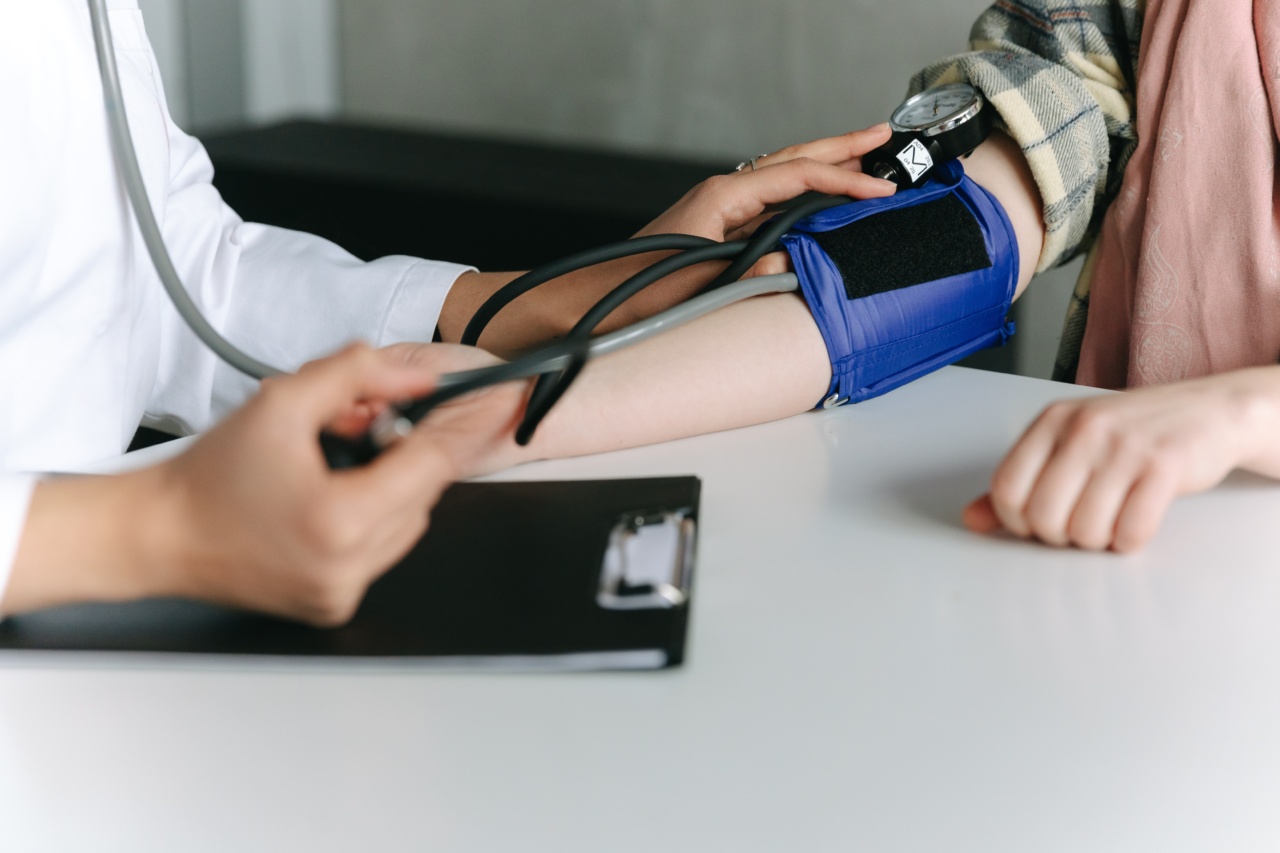Blood pressure is the force exerted by blood on the walls of your blood vessels. If the pressure stays too high over time, it can damage the body and cause various health problems.
This is why it is important to monitor your blood pressure on a regular basis.
What is Blood Pressure?
Blood pressure is measured in millimeters of mercury (mmHg) and is expressed in numbers. Blood pressure is considered normal when the systolic pressure (top number) is less than 120 mmHg and the diastolic pressure (bottom number) is less than 80 mmHg.
Why Should You Monitor Your Blood Pressure?
High blood pressure, or hypertension, is often called the silent killer because it has no symptoms. Therefore, you may have high blood pressure for years and not even know it.
Monitoring your blood pressure can help detect hypertension early and prevent any damage that may be caused to the body.
Monitoring your blood pressure also helps to keep track of your lifestyle changes and any treatments that may be prescribed.
It is important to know if your efforts to control your blood pressure are working or if you need to make any changes in your medications or lifestyle.
When Should You Monitor Your Blood Pressure?
The American Heart Association recommends that you should have your blood pressure checked at least once every two years if your blood pressure is normal (less than 120/80 mmHg) and at least once a year if your blood pressure is borderline high (between 120/80 mmHg and 139/89 mmHg).
If you have high blood pressure, you should have your blood pressure checked more often, as recommended by your doctor.
How Can You Monitor Your Blood Pressure?
You can monitor your blood pressure at home or at a doctor’s office.
If you want to monitor your blood pressure at home, you will need a blood pressure monitor. There are two types of blood pressure monitors:.
- Manual Blood Pressure Monitors
- Automatic Blood Pressure Monitors
Manual blood pressure monitors require the use of a stethoscope and a blood pressure cuff, while automatic blood pressure monitors inflate themselves and display your blood pressure on a digital screen.
Make sure to follow the instructions that come with your blood pressure monitor to get accurate readings. Also, make sure to record your readings and bring them to your doctor appointments.
What Can You Do to Lower Your Blood Pressure?
Simple lifestyle changes can help lower your blood pressure.
- Eat a healthy diet that is rich in fruits, vegetables, whole grains, and lean protein
- Reduce your salt intake
- Exercise regularly
- Maintain a healthy weight
- Avoid smoking and excessive drinking
If lifestyle changes are not enough, medications may be prescribed by your doctor to help lower your blood pressure. It is important to take your medications as prescribed and to never stop taking them without first talking to your doctor.
The Bottom Line
Monitoring your blood pressure is an important step in maintaining your overall health. Regular blood pressure checks can help detect hypertension early and prevent any damage that may be caused to the body.
Lifestyle changes can also help lower your blood pressure and reduce your risk of developing health problems.
Remember to talk to your doctor about monitoring your blood pressure and developing a plan to maintain healthy blood pressure levels.






























